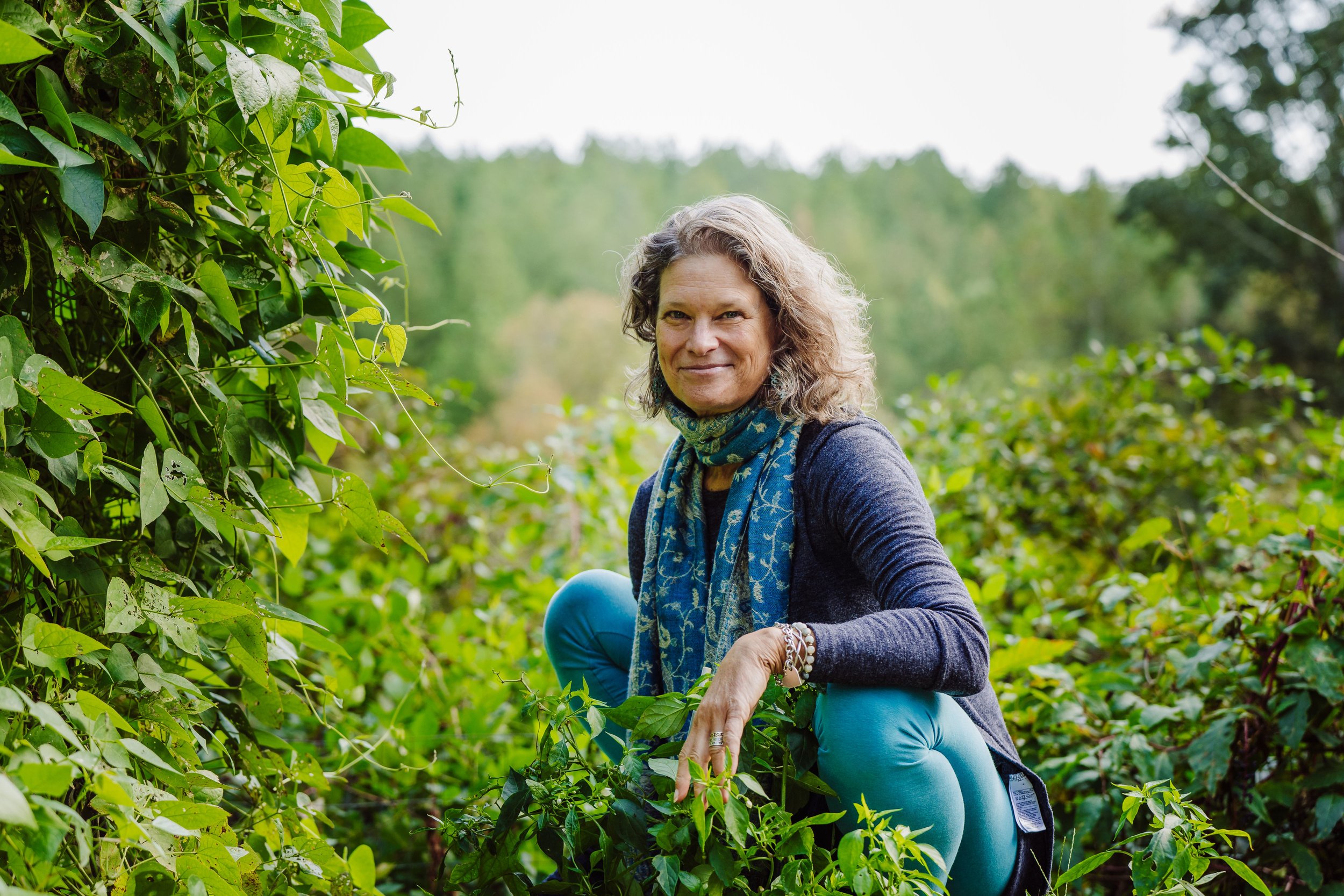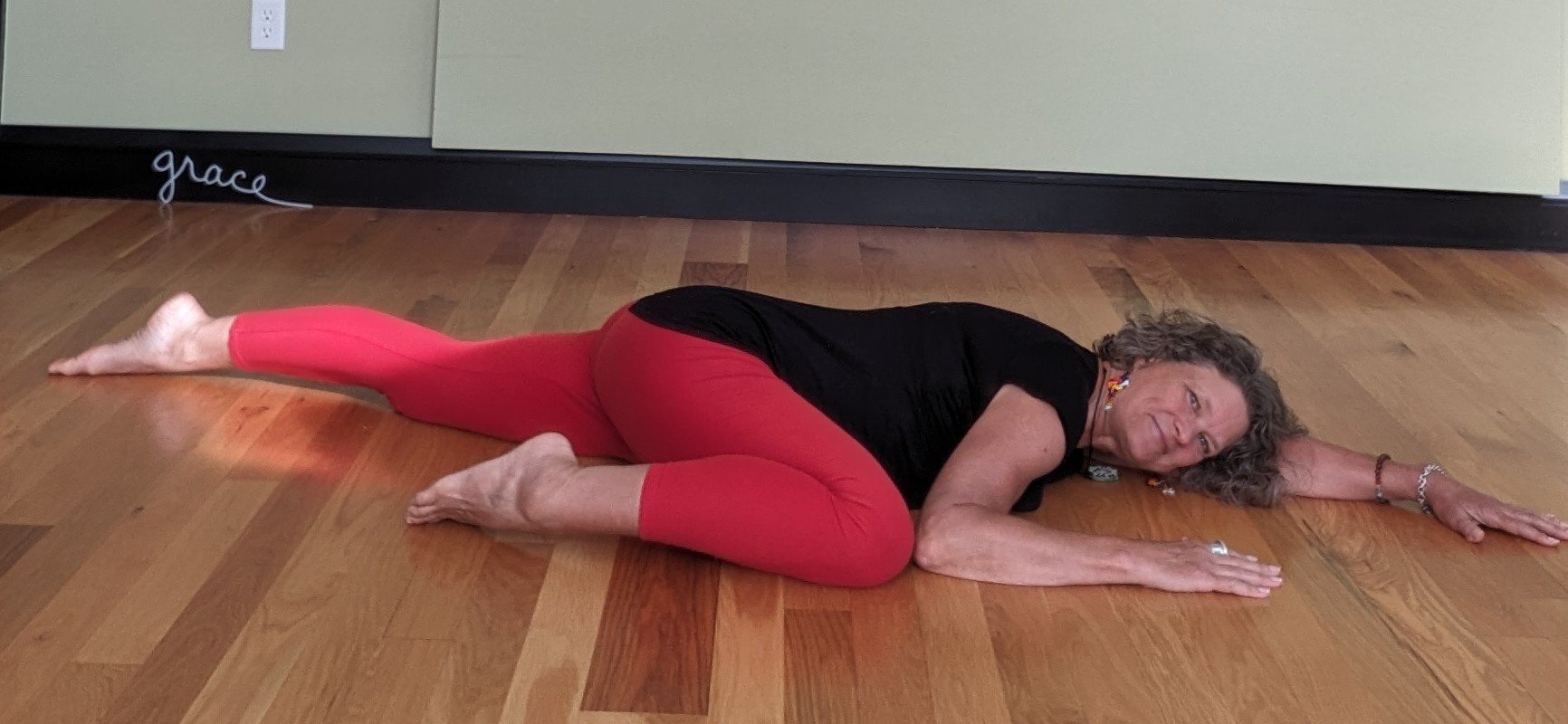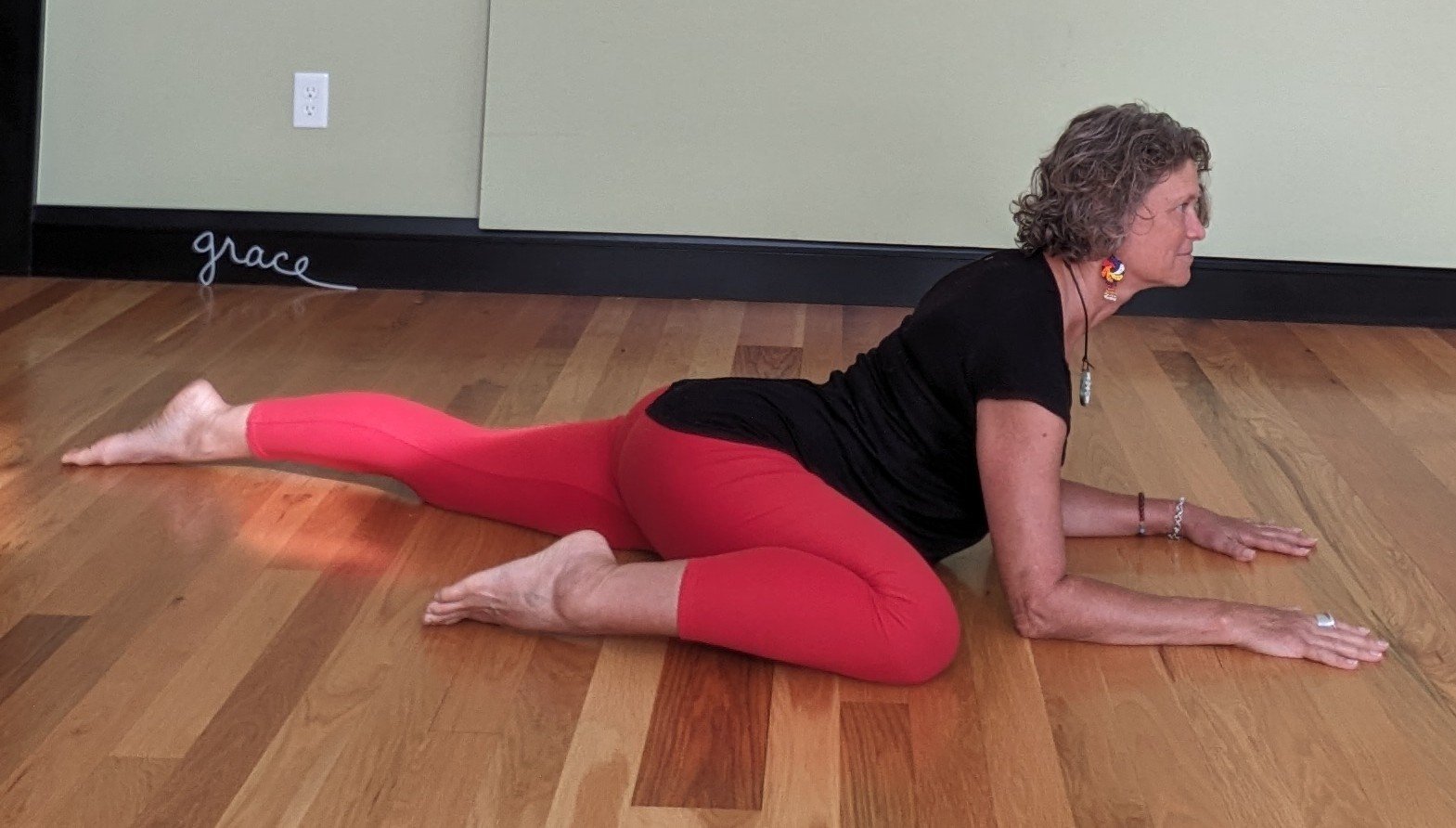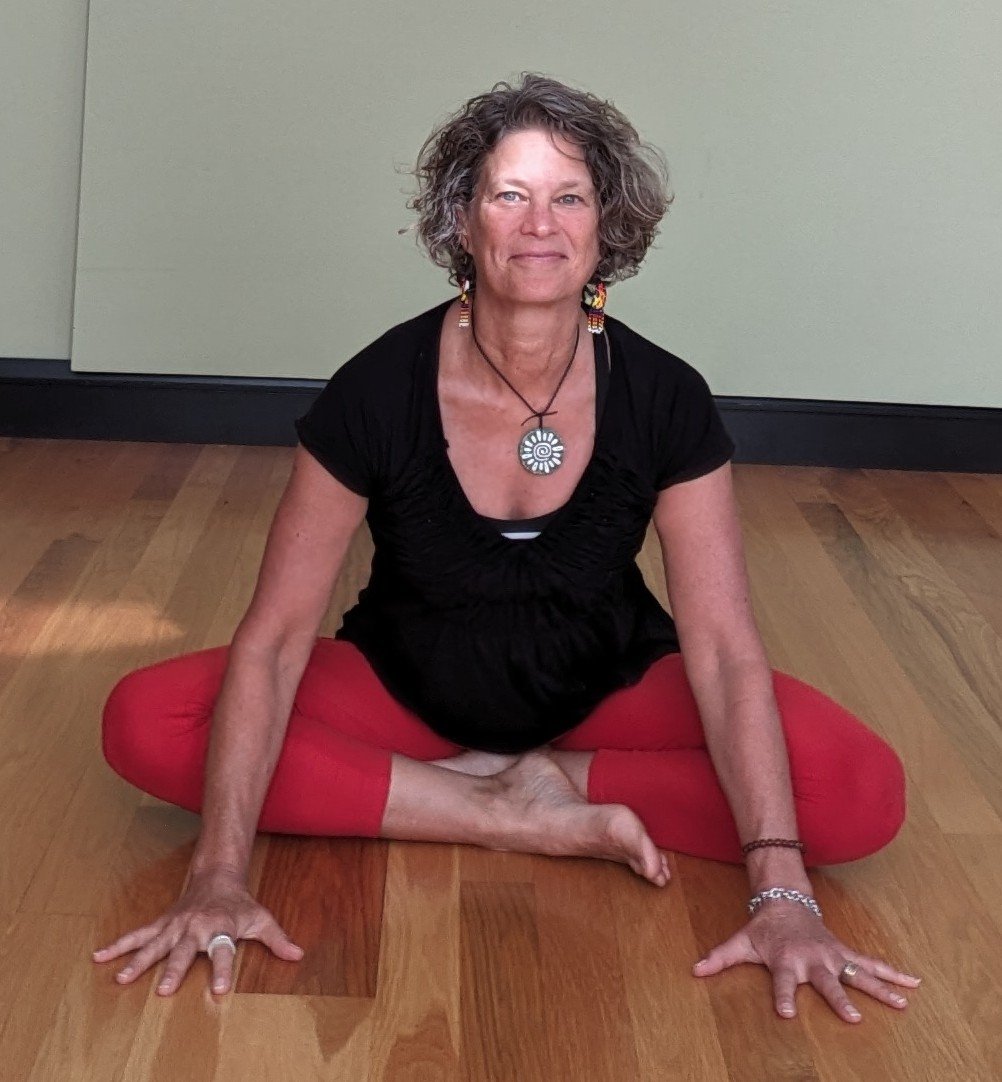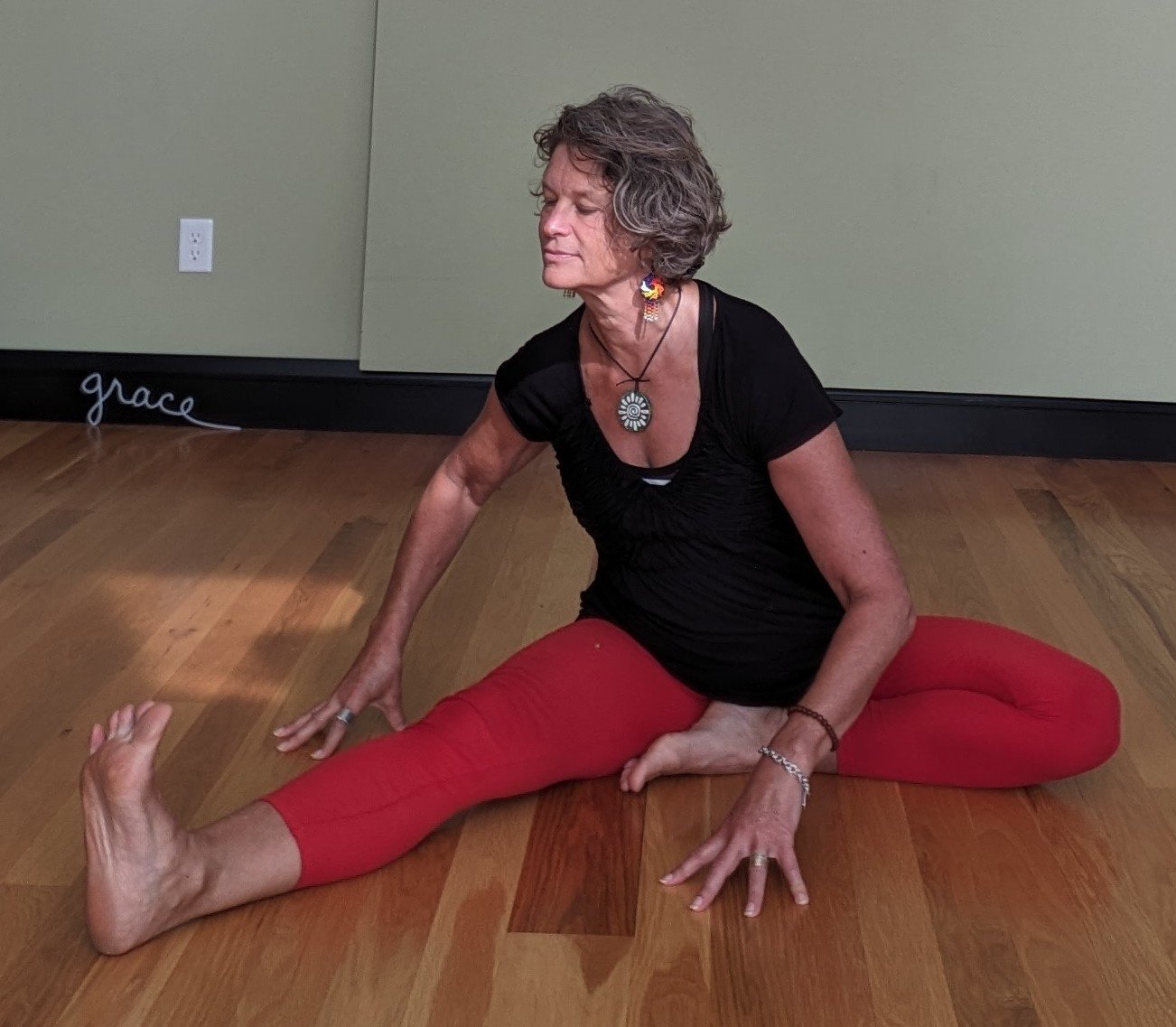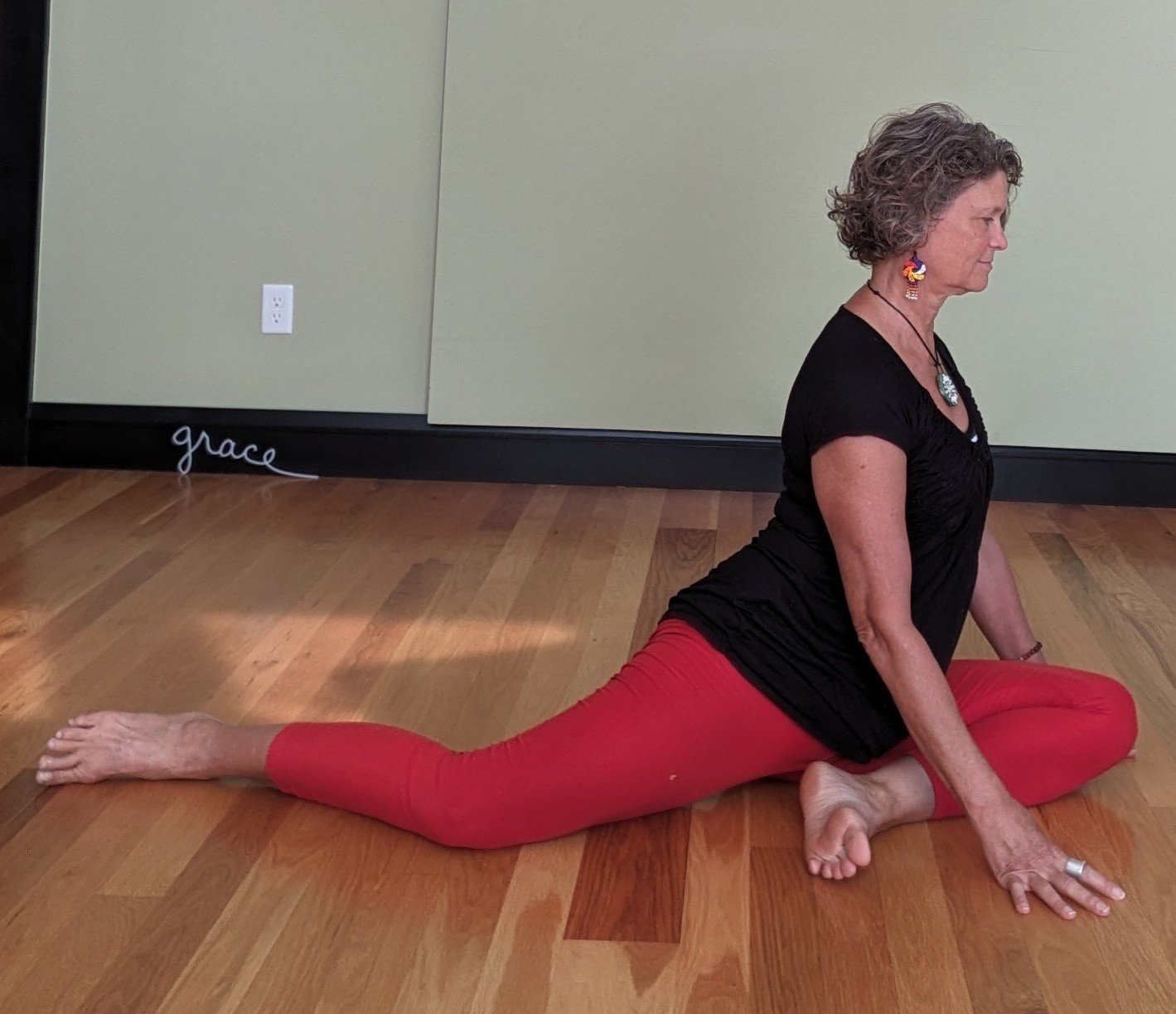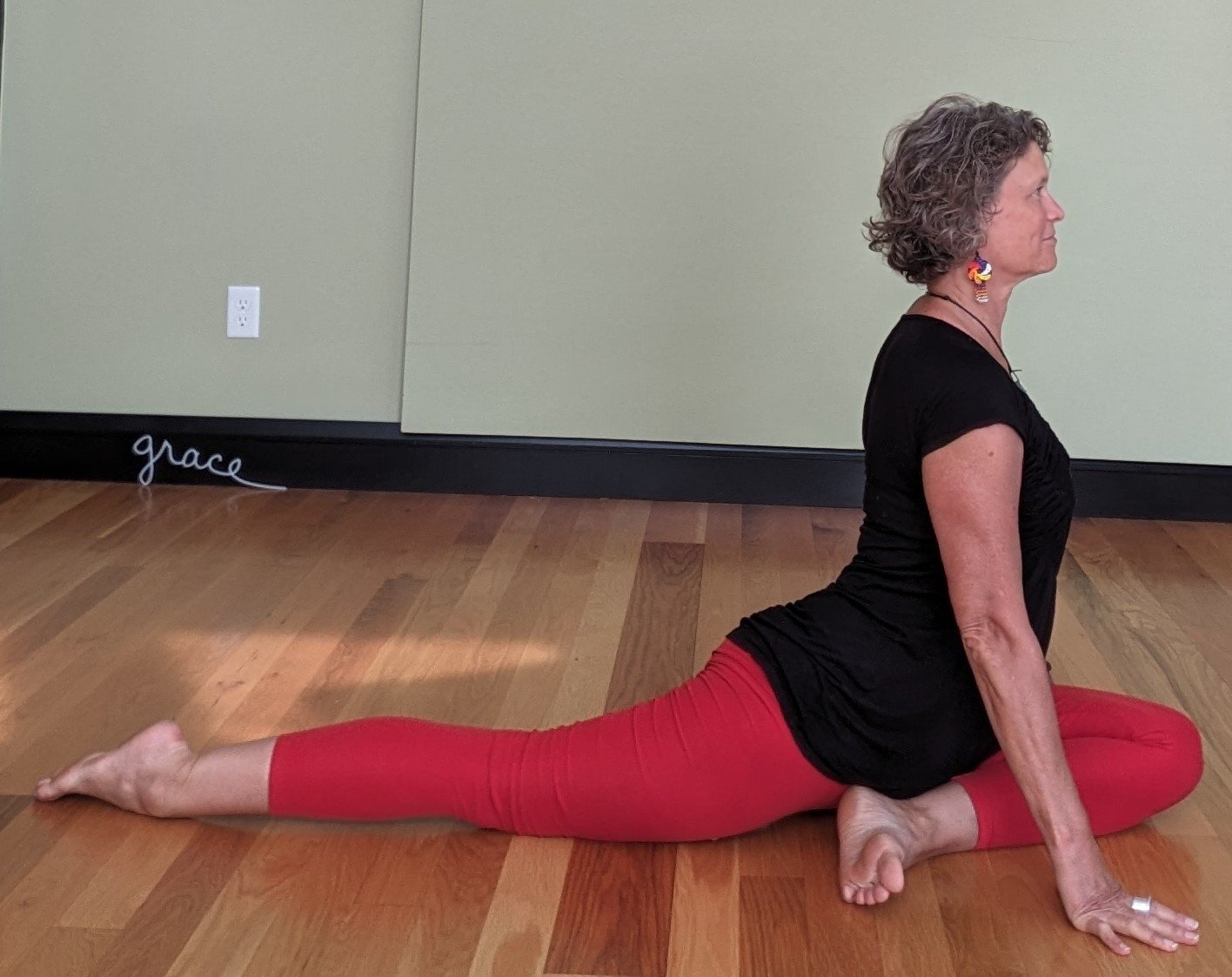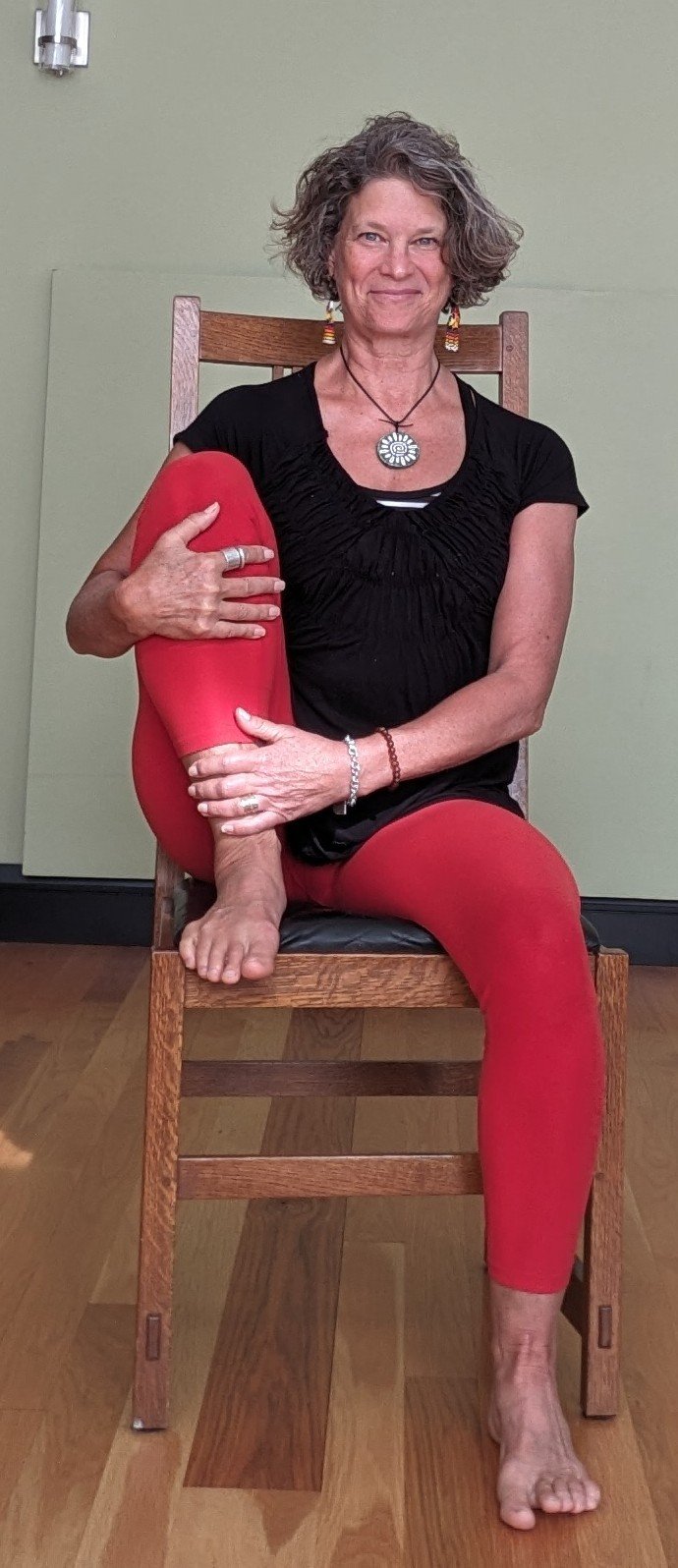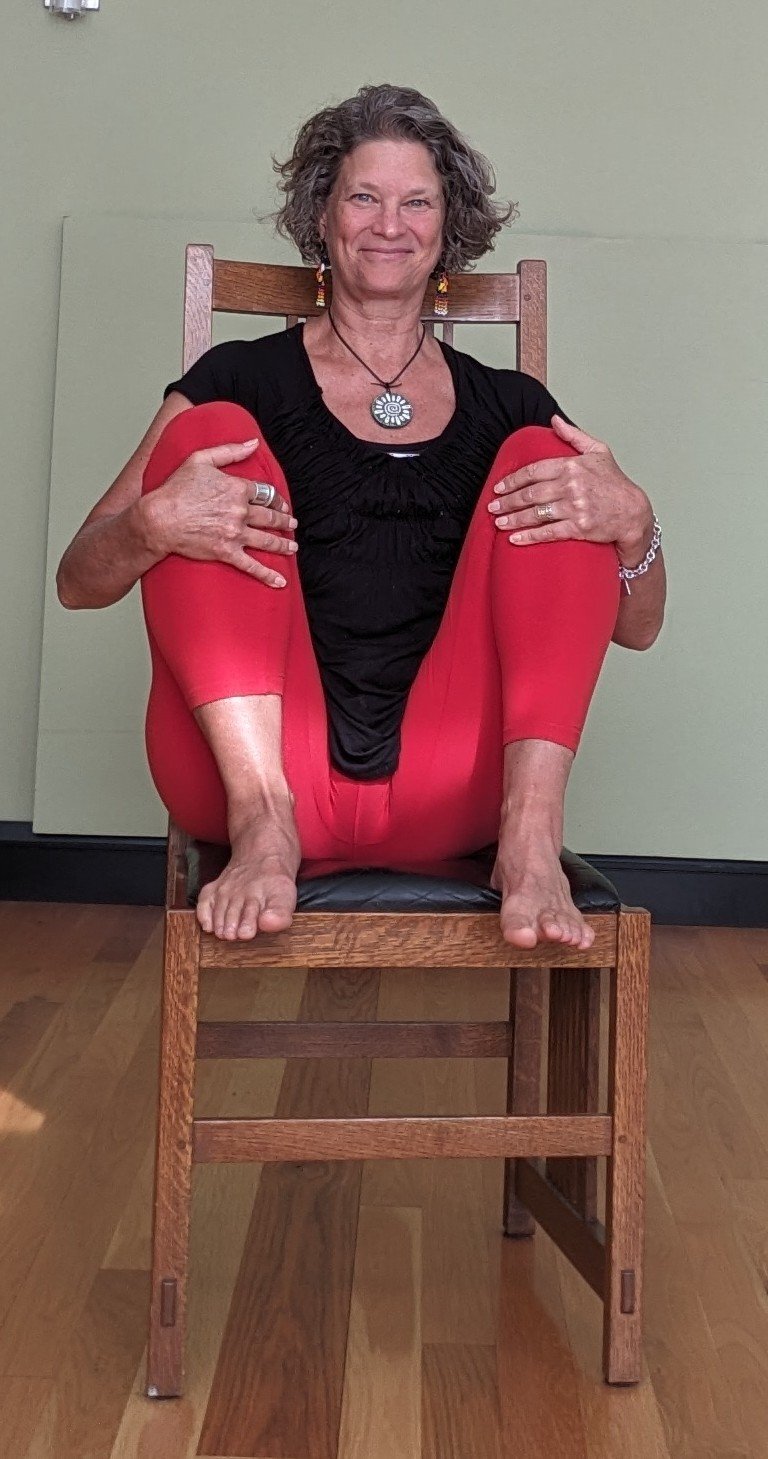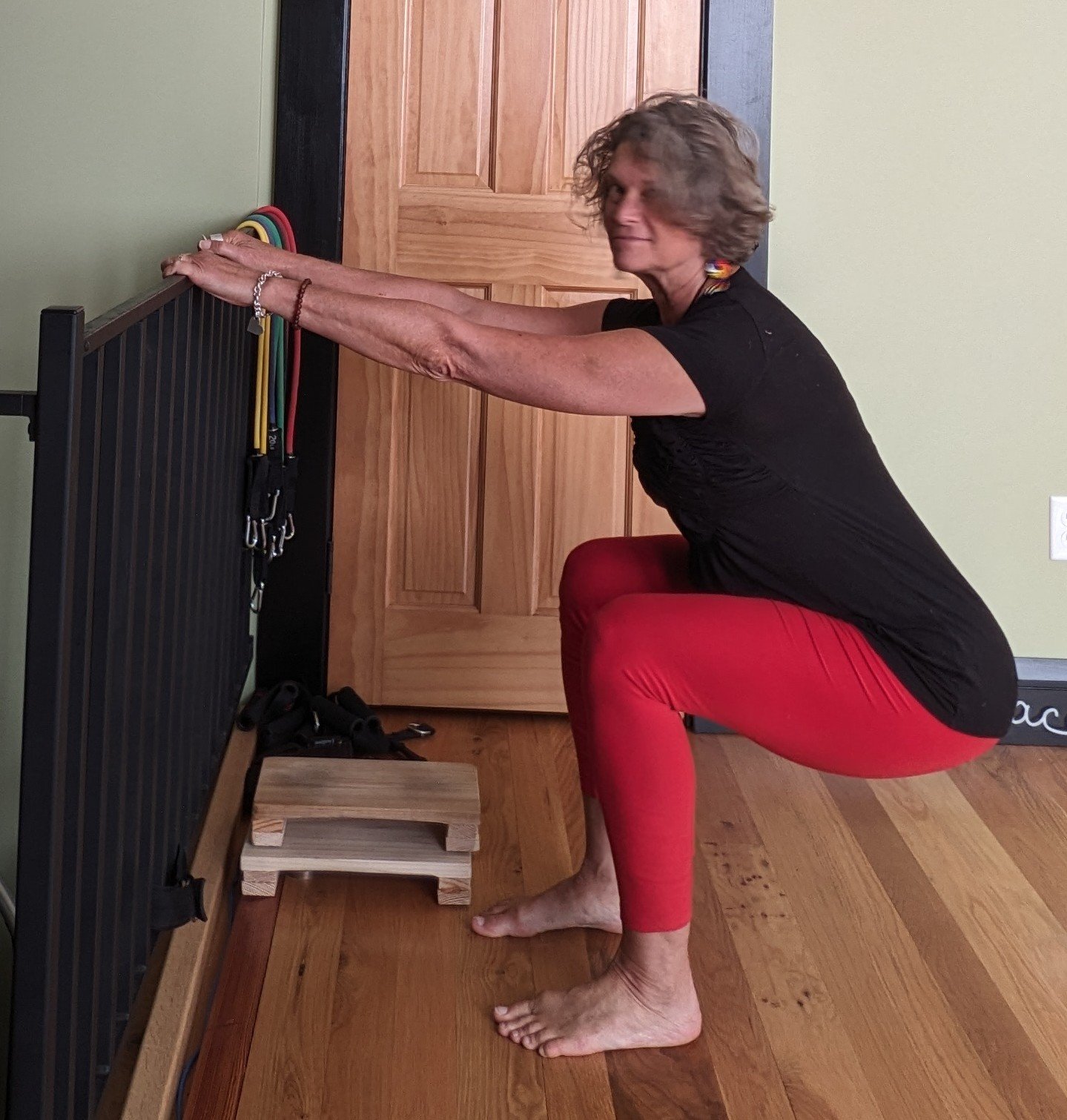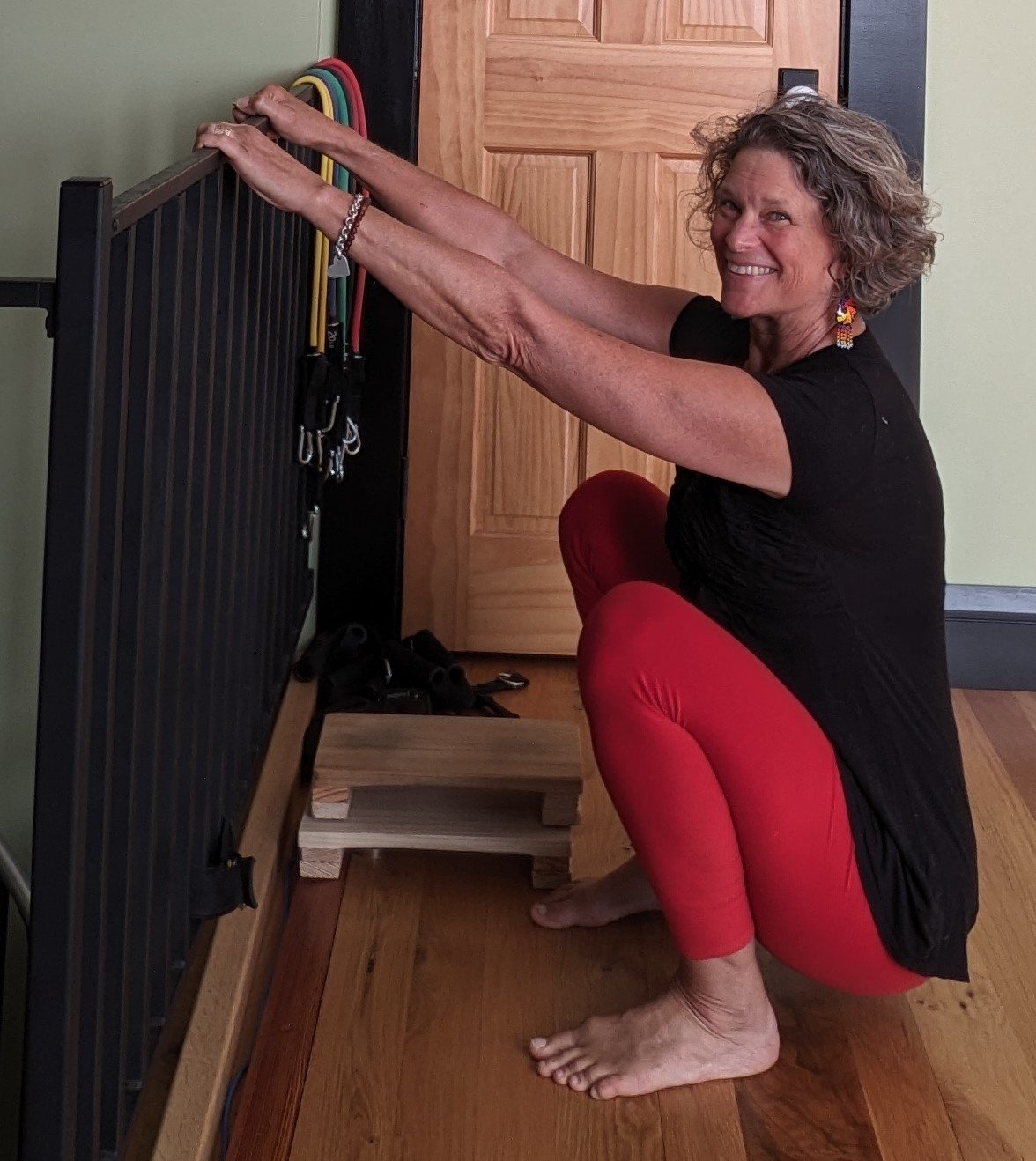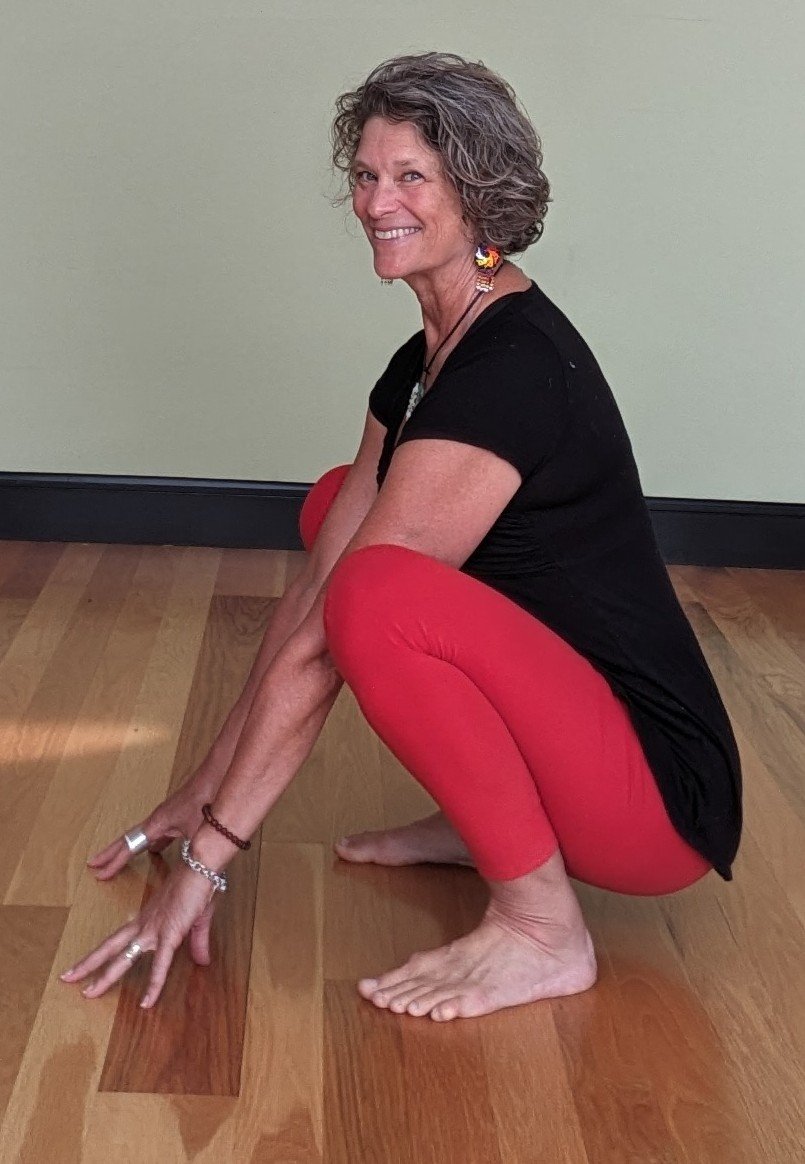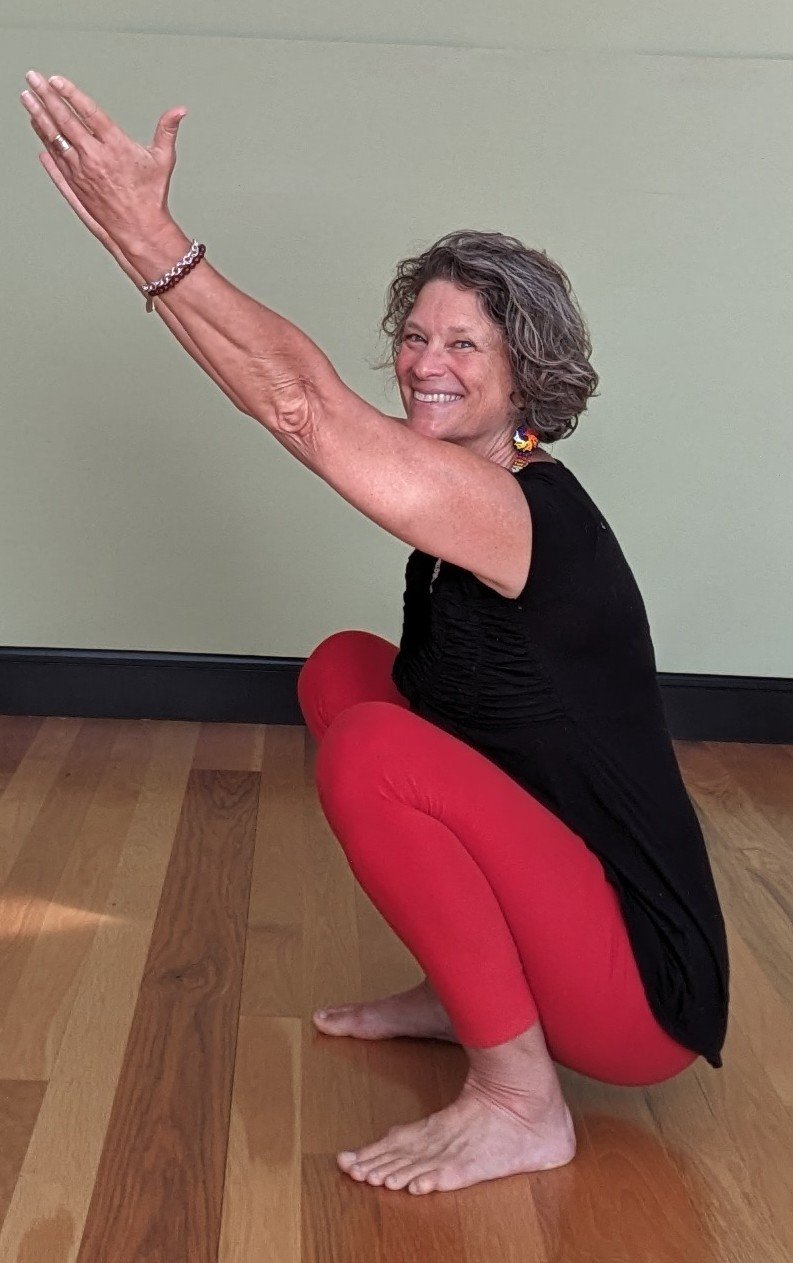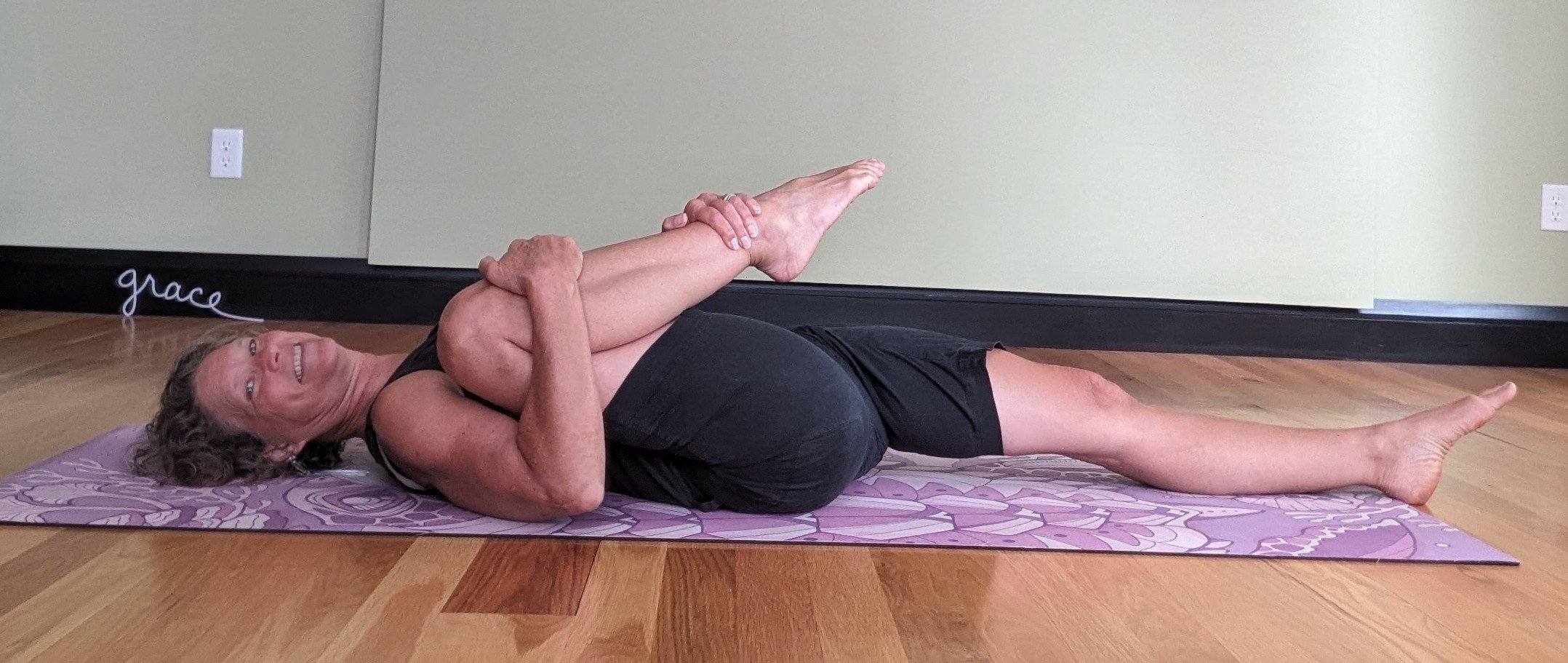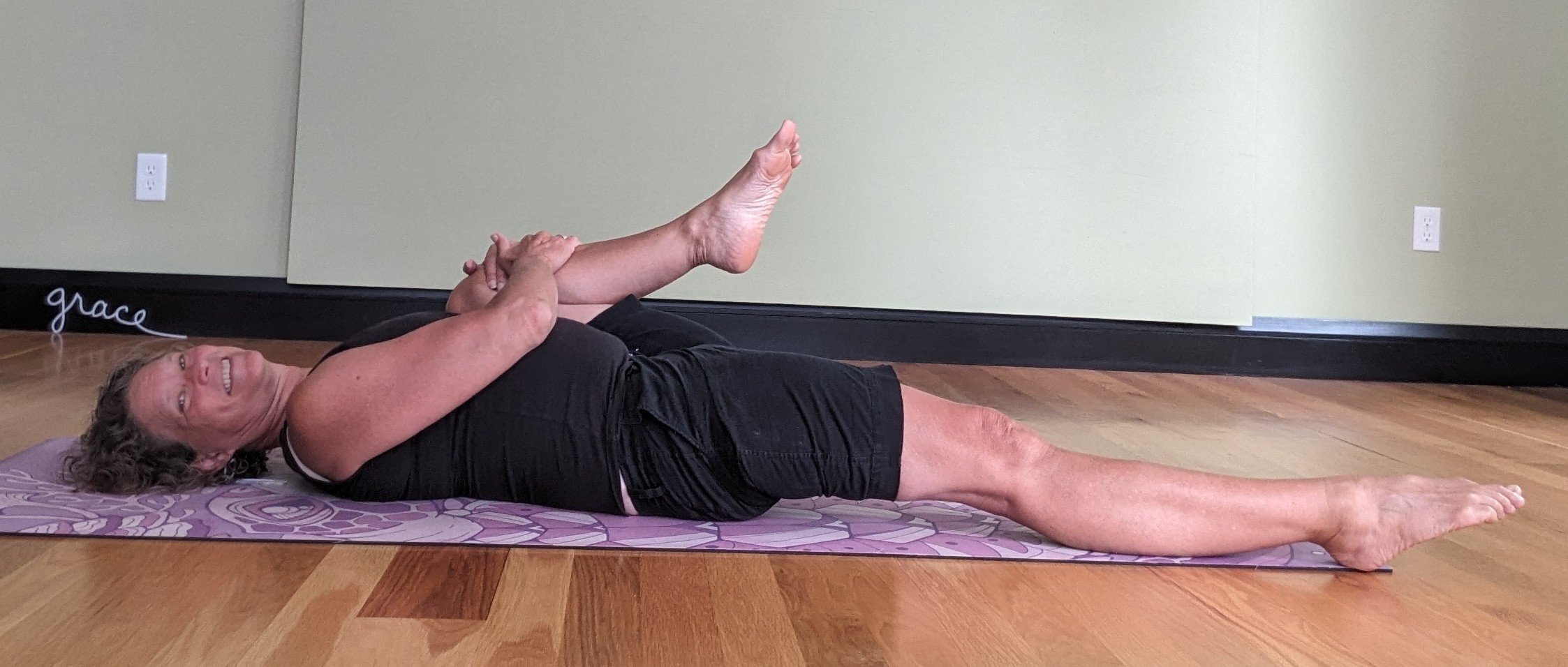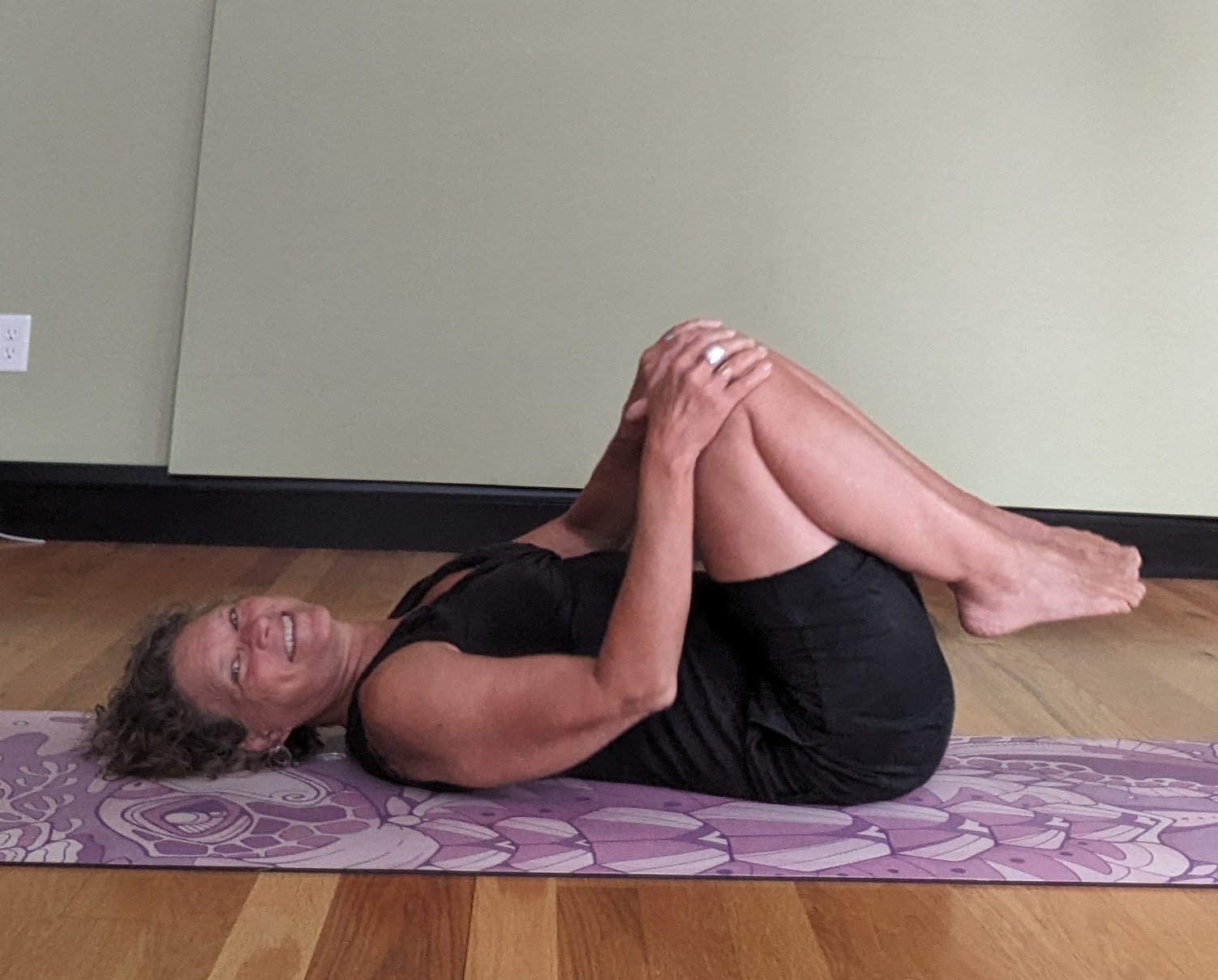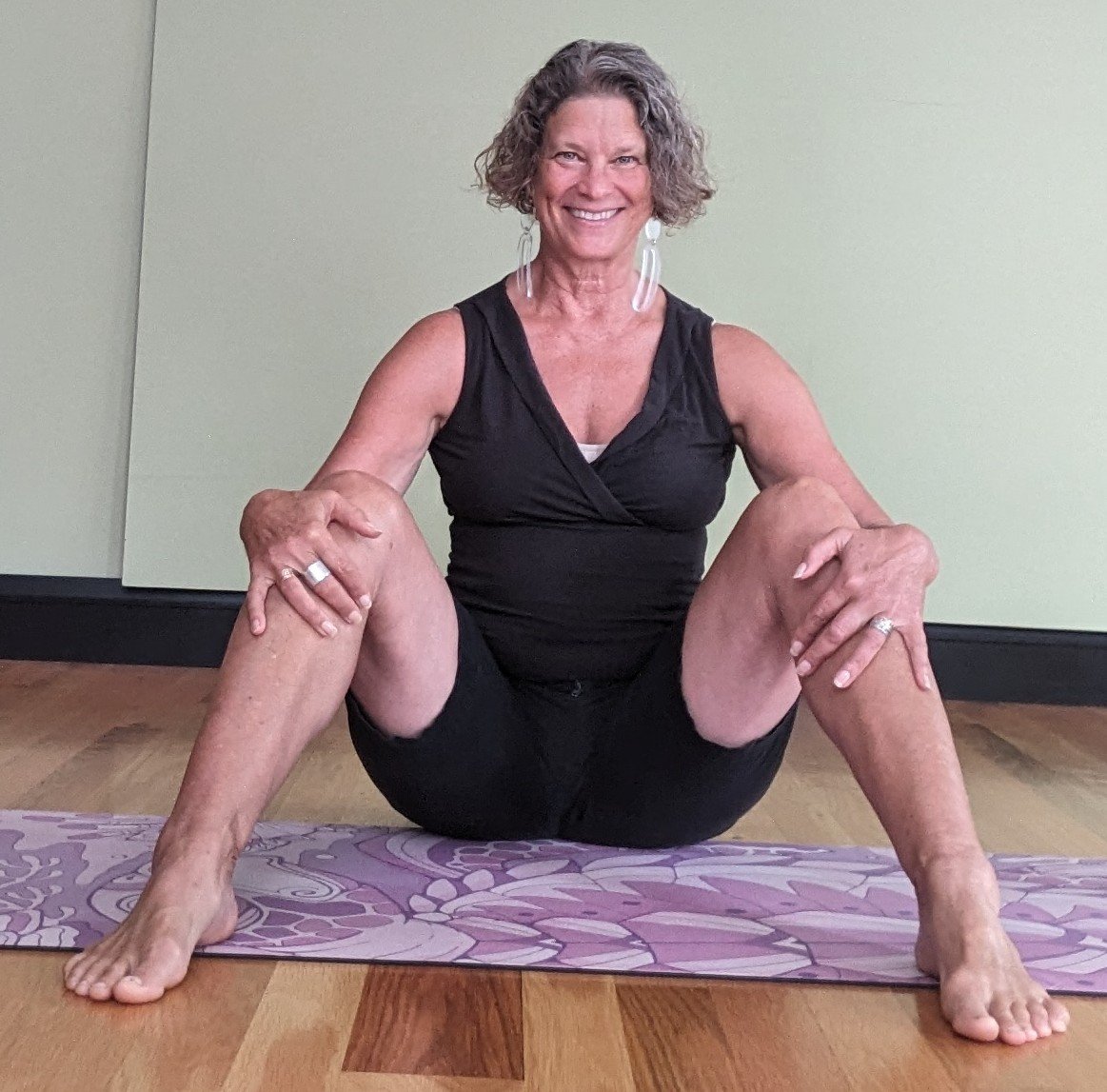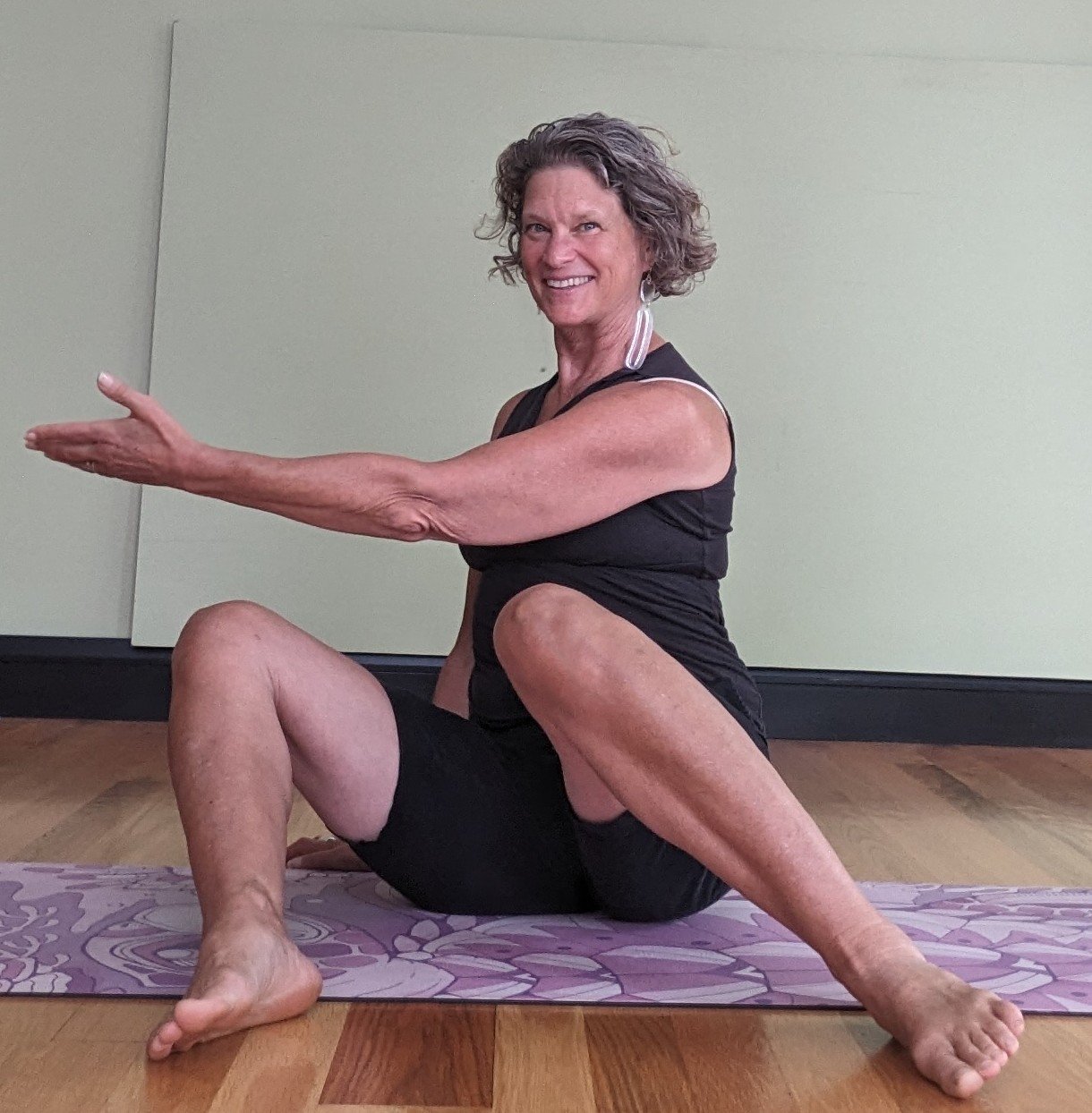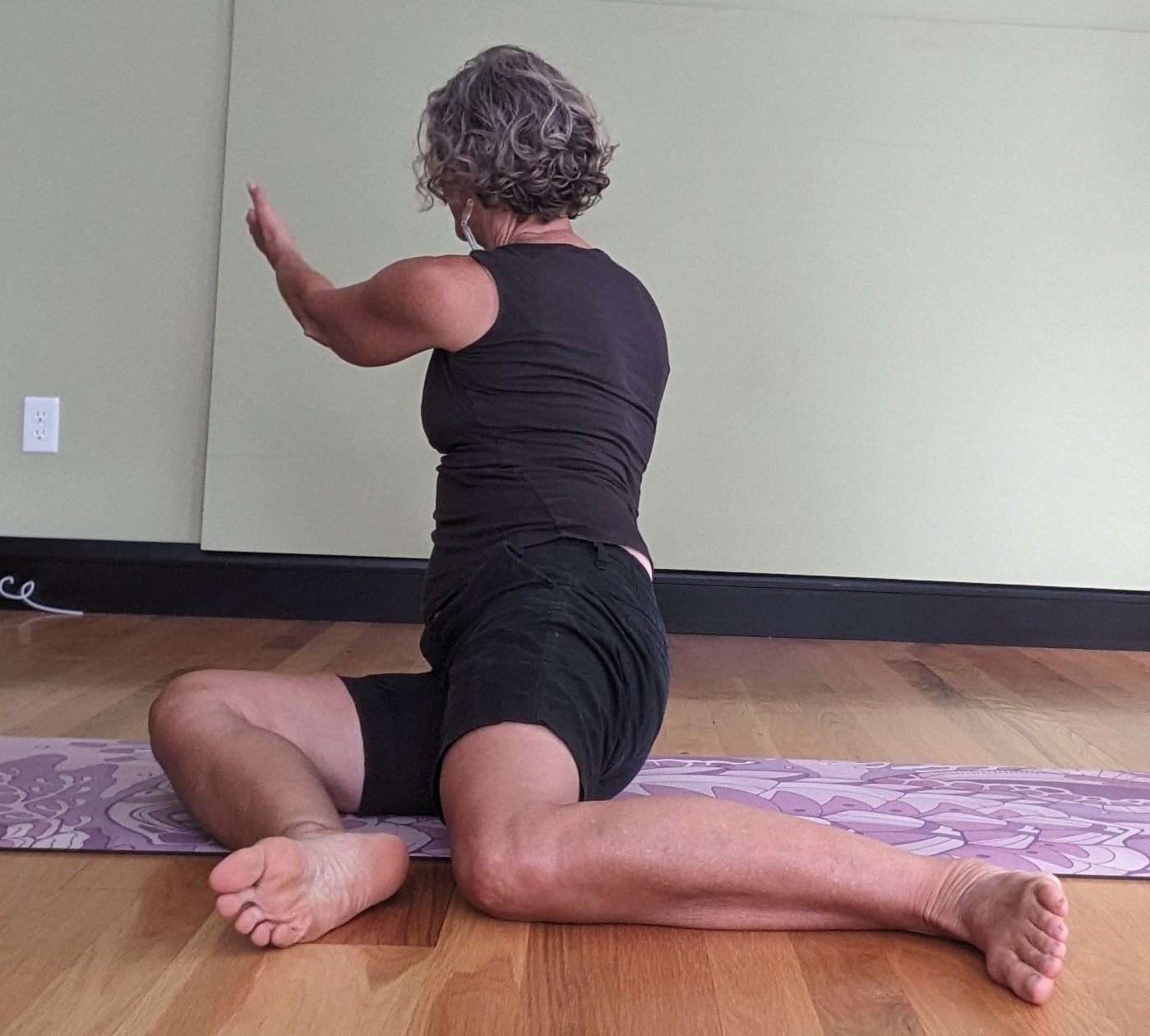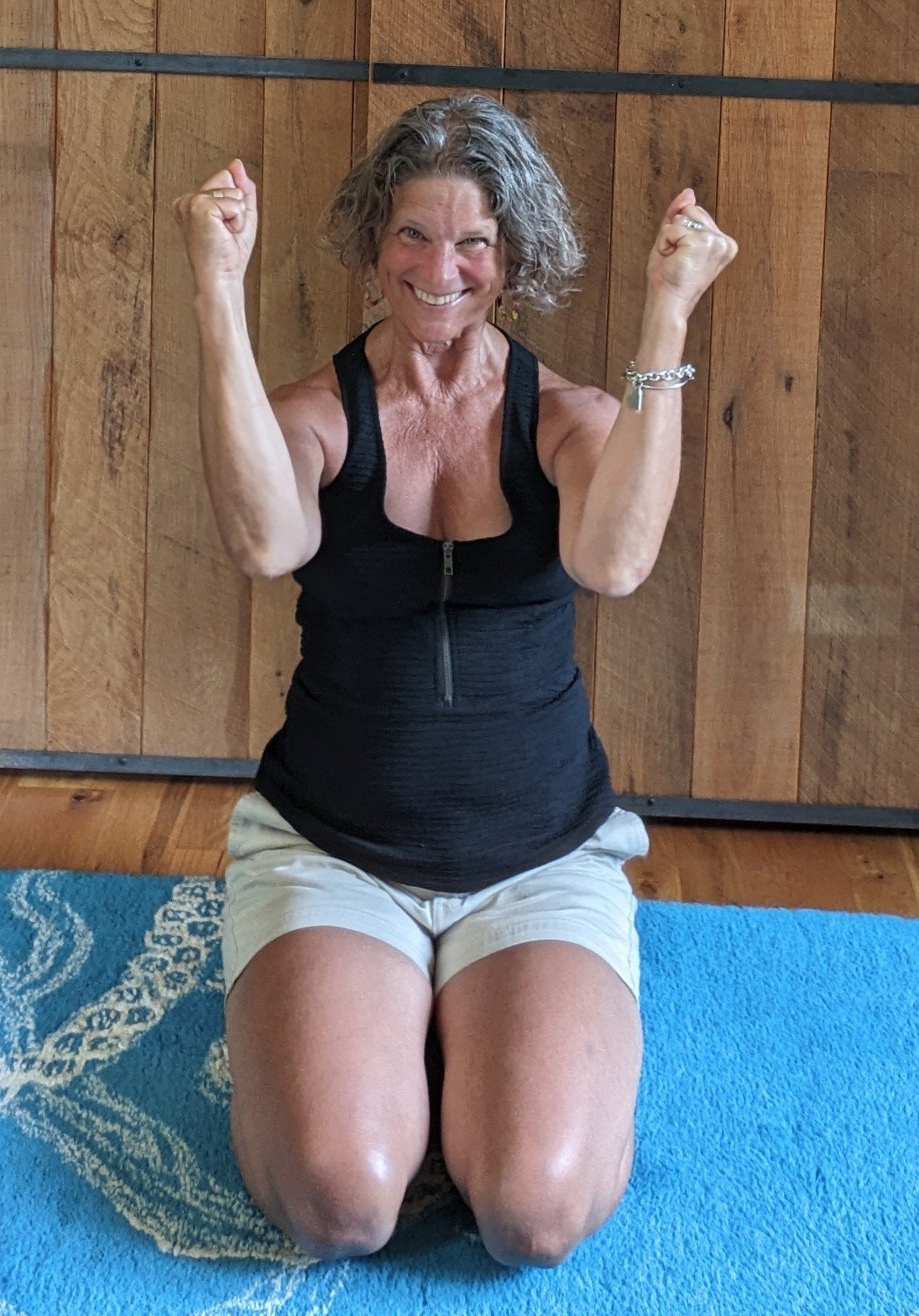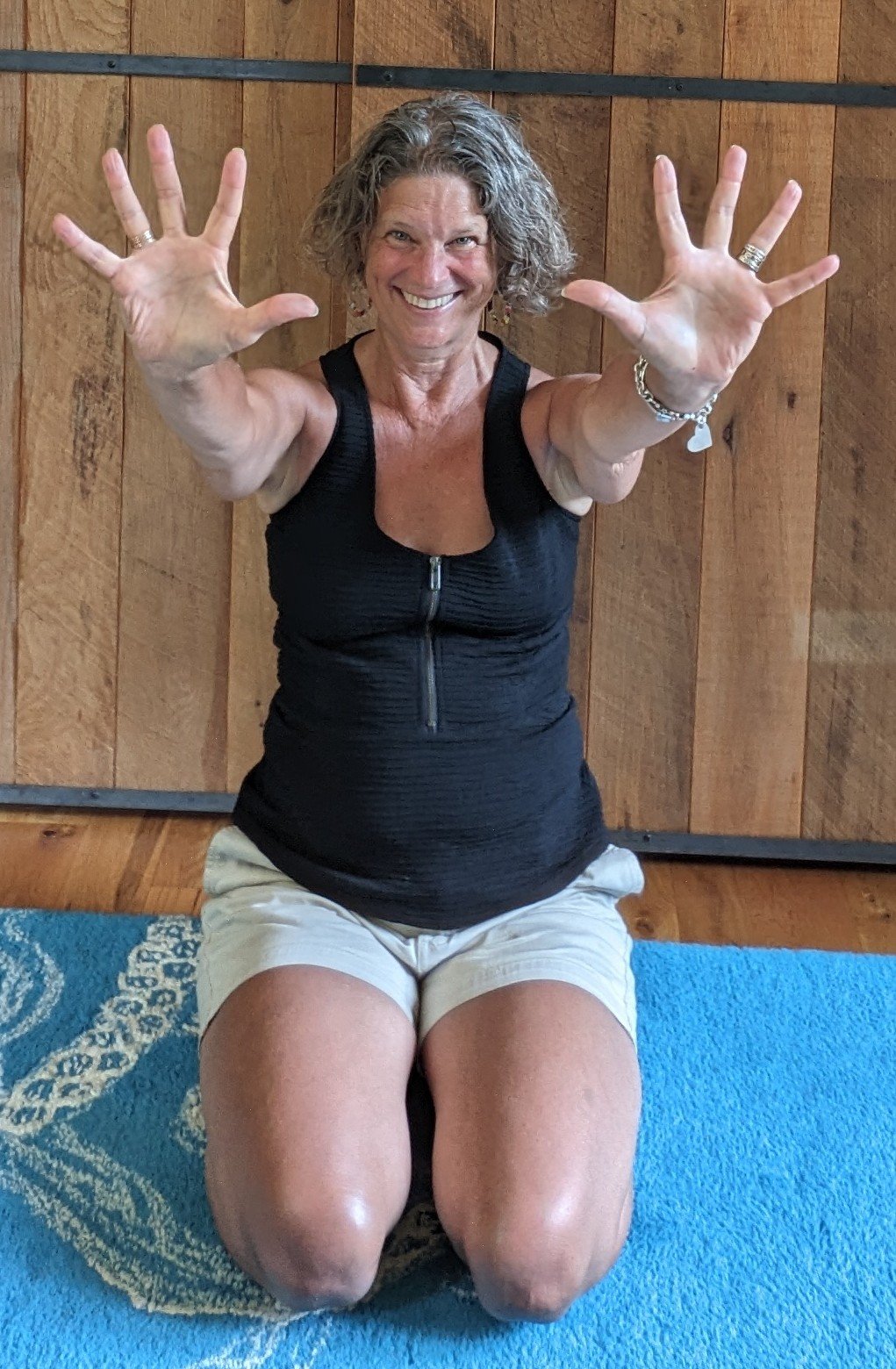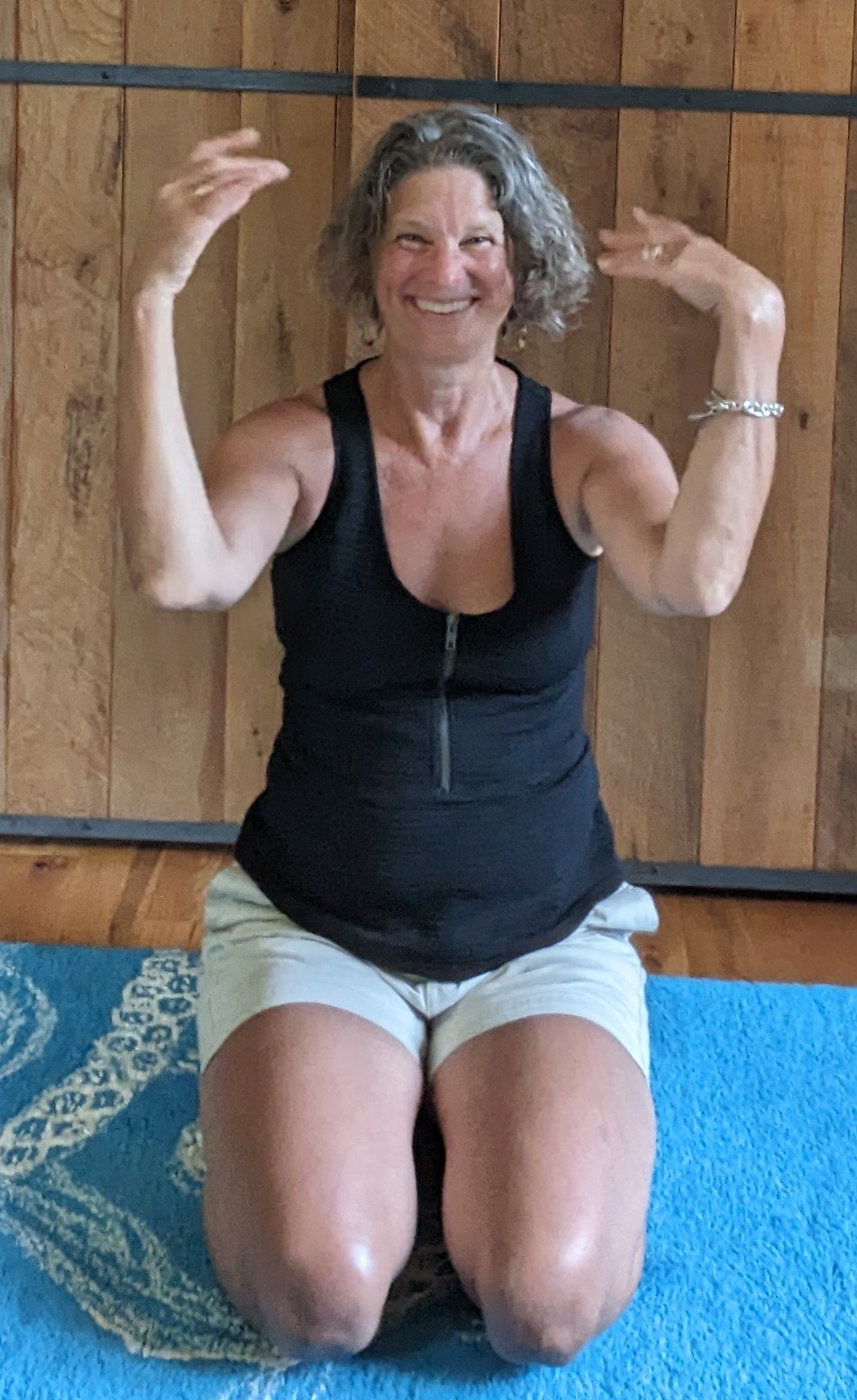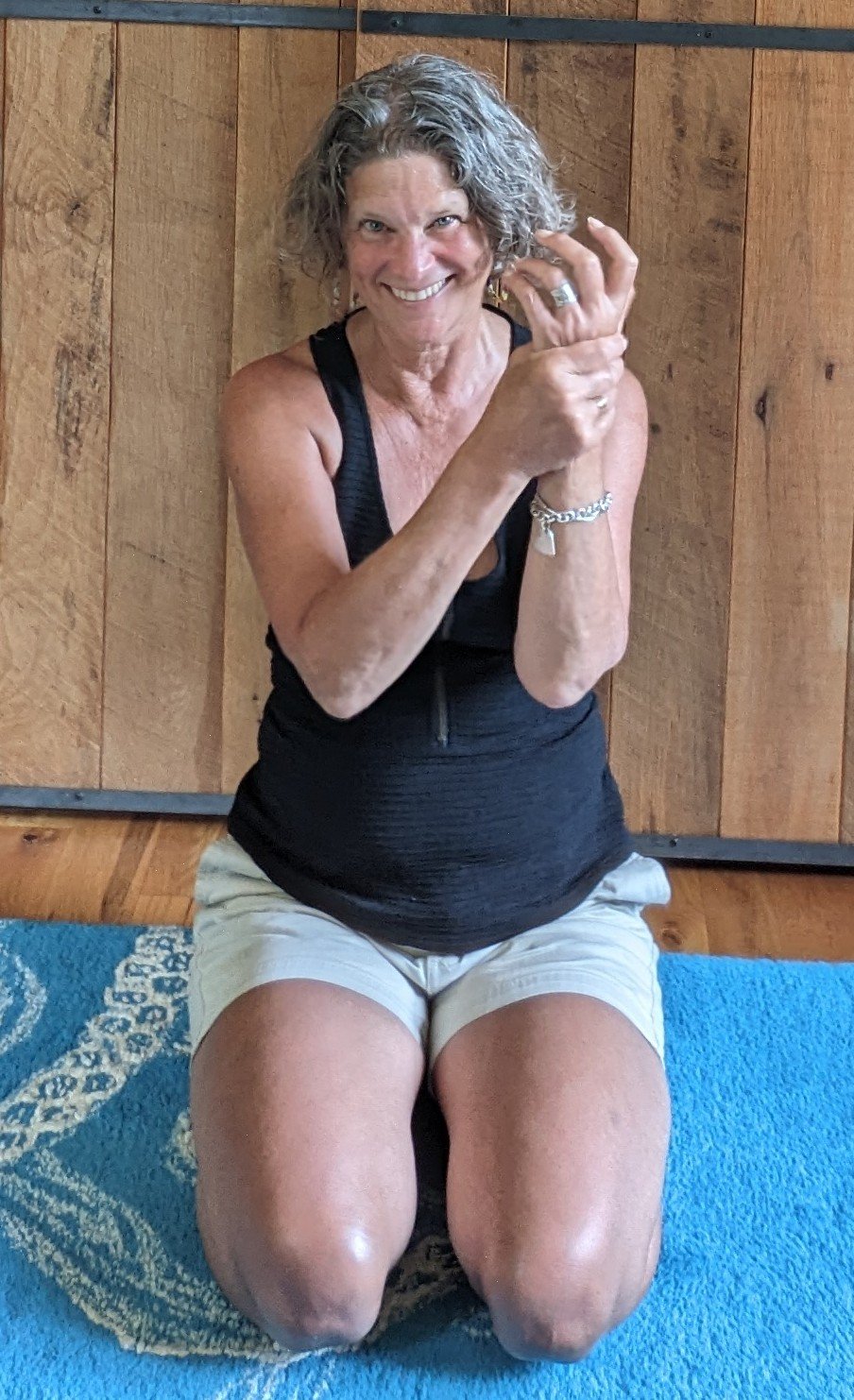This is Part 7* of the 7-Part Gentle Rewilding series!
We’ve been tamed, y’all. Modern life molds and changes our bodies, minds and spirits. Much of our modern domestication is just fine: I’m glad we use forks and don’t spit inside and don’t drink milk straight out of the carton (oh wait, I do that). But some of our taming is worth questioning and unwinding. This series is an exploration of ways of reconnecting to our human design with gentle rewilding.
* Find Part 1 – Gentle Rewilding & Feet here.
* Find Part 2 – Gentle Rewilding: Hands here.
* Find Part 3 – Gentle Rewilding: Spine here.
* Find Part 4 – Gentle Rewilding: Shoulders here.
* Find Part 5 – Gentle Rewilding: Hips here.
* Find Part 6 – Gentle Rewilding: Eyes here.
“We weren’t born distrusting and fearing ourselves. That was part of our taming. We were taught to believe that who we are in our natural state is bad and dangerous. They convinced us to be afraid of ourselves. So we do not honor our own bodies, curiosity, hunger, judgment, experience, or ambition. Instead, we lock away our true selves. Women who are best at this disappearing act earn the highest praise: She is so selfless. Can you imagine? The epitome of womanhood is to lose one’s self completely. That is the end goal of every patriarchal culture. Because a very effective way to control women is to convince women to control themselves.”
― Glennon Doyle, Untamed
True story: a full-grown man paces the sidelines of a co-ed, recreational soccer game, yelling at full volume at the opposing team, the (volunteer) ref and his own team. A couple of his teammates give him the side eye, “Hey, dude. Chill out. You don’t have to yell at everybody. We’re here to have fun.”
The man turns on them and says, “I can’t help it. It’s who I am. It’s in my DNA.”
His teammates call bulls**t. “No way,” they say, “you have control of your words, your actions and how you treat people. Take responsibility.”
Yelling at friends and young referees at a co-rec soccer game might seem extreme but how often are we so attached to our emotions, our habitual responses, and our expectations of ourselves that it feels like we don’t have a choice.
Just as shoes constrain the function of our feet, our assumptions, expectations and beliefs constrain the function of our hearts and minds. Whether it is a woman who loses herself in selflessness or a man who alienates himself with toxic anger, either way we are not free. Our spirits are tamed by the aspects of ourselves and the world that we do not question. Gently rewilding our whole selves requires curiosity, openness and a beginner’s mind.
This kind of untaming may feel more elusive than opening our hips or mobilizing our spine. This kind of untaming might feel slippery, confusing or disorienting. But like waking up from a drugged sleep might feel wobbly at first, rewilding our whole selves is the path to uncovering ourselves from accumulated culturalization.
Gentle rewilding begins with questioning, with entertaining a beginner’s mind about the binaries and beliefs that we are taught (and in fact rewarded) not to wonder about and not to question.
This is a deep and tangled topic that we can by no means unpack completely here. I recommend Glennon Doyle’s book Untamed and these few toe holds to begin the process of gently rewilding our spirits:
Beginner’s Mind
“In the beginner’s mind there are many possibilities, but in the expert’s there are few.” ~ Zen Master, Shunryo Suzuki
Beginner’s mind opens us to possibilities, to expansive ways of thinking and new ways of approaching things. In our human brains, this can be an uncomfortable place to be. Certainty is the human brain’s drug of choice and expert mind is how to get that drug. We either make ourselves experts or we turn to experts. The certainty of expert mind feels stable and sure in its narrowness while beginner’s mind feels loose and all over the place in its expansion. Beginner’s mind, no matter how old you are or how much you know, is the path to rewilding.
If you find yourself saying (or thinking) about yourself, others or the world: that’s just the way things are, some things never change or it’s in my DNA, pause. Ask yourself, why is that? What’s underneath that? Who benefits from that? What’s another way to think about it?
Which brings us to...
Binaries
Like certainty, our brains love binaries: black or white, right or wrong, good or bad, Ford or Chevy. As much as our brains want it to be, that is simply not the way the world or people work. Everything is nuanced, people are multi-faceted, situations have multiple perspectives.
When one of my beloveds came out as gender fluid, my eyes started to see the world differently. I started to see how strictly binary our culture looks at gender. You are a man, or you are a woman. Period. According to this culturalized bianary, what you wear, how you act, who and how you love, the roles you have, even where you pee have a narrow range of options.
But if we venture to see things beyond the binaries (and gender is, of course, only one of a zillion binaries), we might ask, Are you sure? Why is that? What’s underneath that? And who benefits? What’s another way to think about it?
Which brings us to...
Beliefs
As UN Planning Analyst, Mohamed Helmi Tourzri, wrote earlier this year,
Beliefs [unlike thoughts] are mental attitudes or convictions that we hold to be true, without necessarily relying on conscious cognitive processes.
That is, our beliefs may have grown over time, like a snowball rolling down a hill, picking up layers and bits as it goes along without really thinking a whole lot about how they grow or what they are made of. Beliefs can fly in under the radar.
If we want to rewild our hearts and minds, one rich place to begin is to ask what do I believe...and why? Am I sure about that belief? Where did it come from? Does it support me or someone/something else?
The tricky part, for me anyway, is that beliefs can feel like who we are to such an extent that we don’t even realize we hold them. Beliefs can feel like they are in our DNA. In that way, beliefs can be a reflexive habit that propel us sometimes without us realizing it.
If I believe that people are basically out for themselves, for example, I’m going to think, speak and act differently than if I believe that people are basically kind. I may think, speak and act based on this belief without recognizing that the belief fuels my behavior.
Rewilding our beliefs takes gentle prodding, digging, brushing away the layers of accumulated experiences and thinking to find the source of how you got there. This is often work that is more easily done with the help of a therapist or trained professional who can shed light on the beliefs that have slid under the radar. It’s work worth doing, though, to confirm that the beliefs that you’ve accumulated over a lifetime support who you want to be.
The process of gentle rewilding, of our bodies, minds and hearts is a big and worthwhile endeavor. And like we can retrain our joints and connective tissue to move in new ways a little at a time, we can do the same in our hearts and minds. Notice when you don’t question an assumption. Notice if there are aspects of yourself or a relationship that you take for granted. Pay attention when you are confronted with a new perspective that pisses you off. These are all places where the curious beginner’s mind can chip away at the rigid binaries, unhelpful beliefs and the places you’ve been tamed.
“Here's to The Untamed:
May we know them.
May we raise them.
May we love them.
May we read them.
May we elect them.
May we be them.”
― Glennon Doyle, Untamed







